.webp)
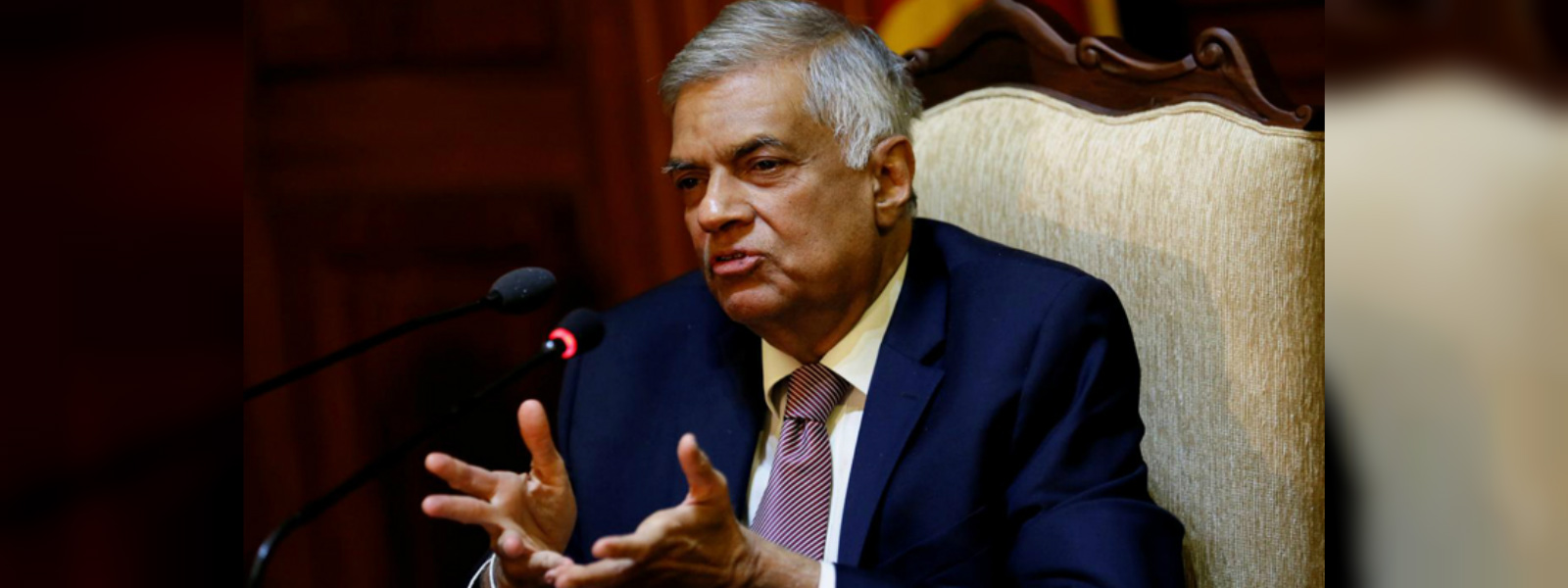
SMEs to get 2% reduction in interest rates
Colombo (News 1st): Prime Minister Ranil Wickremesinghe today announced there will be a 2% reduction in the interest rates granted to Small and Medium-sized Enterprises (SMEs).
Following discussions between the Prime Minister and Small and Medium scale entrepreneurs and businessmen, a special committee was appointed to address the prevailing high banking interest rates in the country.
The committee is chaired by a member of the monetary board of the Central Bank, Nihal Fonseka, and comprises of Deputy Governor of the CBSL, H. A. Karunaratne, the President of the Institute of Chartered Accountants of Sri Lanka, Jagath Perera and its Vice President, Manil Jayasinghe.
In addition, the Chief Executive Officer of DFCC Bank Lakshman Silva, the CEO of Hatton National Bank, Jonathan Alles and the CFO of Commercial Bank, Nandika Buddhipala are also members of this committee.
Prime Minister Ranil Wickremesinghe noted that the members of the monetary board, bank CEO's, chartered accountants, officers of the ministries of finance, economic affairs and Minister Malik Samarawickrama have held discussions regarding the steps that should be taken to reduce interest rates in Sri Lanka.
He noted that the program is prepared to address the issues faced by SME businesses. He went onto note that orders by the monetary board will be issued by next week and they hope to reduce the debt burden to develop businesses.
The Premier noted that their target was to reduce interest rates last year, however, due to the 51-day political turmoil, Sri Lanka has suffered a loss of approximately US$ 1 billion. He noted that the country, however, is strong enough to achieve the target this year and that is why they have initiated the necessary measures in this regard.
He added that in another six weeks, they will meet again, to make further amendments if necessary and hopes to reduce the prevailing interest rates by 200 basis points.
This is what Non-Cabinet Minister of Economic Reforms and Public Distribution Dr Harsha De Silva had to say regarding this,
"The interest rates paid on borrowings will be based on the interest rates paid for deposits. Sri Lanka has the highest real interest rate in this region. The real interest rate is the interest rate after considering inflation. Inflation was at its peak and had increased to approximately 6% during the provincial council elections. At present, inflation has reduced to 4%. As per Central Bank reports, banks charge an interest rate of 14.5%, from their most frequent dealers. If inflation has reduced to 4% or 5%, a high real interest rate will be charged. The report states that the complete interest rate structure can be lowered. The 1st recommendation of the report says that we must reconsider the interest rate paid on deposits. There is a policy to charge 8% as interest when a bank deposits funds in the Central Bank and to charge an interest rate of 9% when a bank borrows funds from the Central Bank. The report submitted by the committee states, that 0.5% must be reduced when a bank pays interest on deposits or to pay the same interest rate offered by other financial institutions that accept deposits. When long term deposits are made, for example, if funds are deposited for a period of one year, 1% should be added to the current treasury bills of the Central Bank; if it is a non-banking institution, to add 2.25%. If the government is to reduce interest rates, the complete interest rate structure must be reduced. However, the issue here is that this interest rate structure is reducing. We hope, that the new interest rate structure will be reduce by more than 1%."
Other Articles
Featured News





.png )
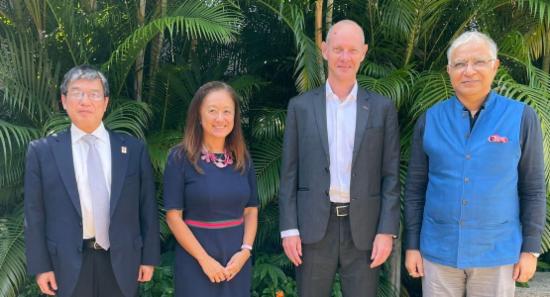
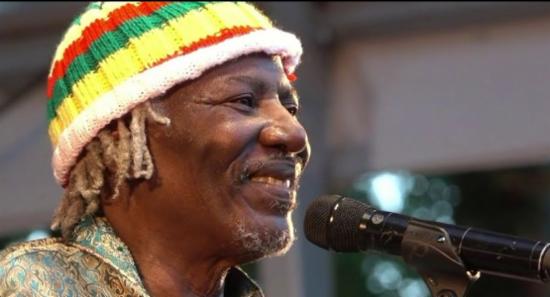
-796891_550x300.jpg)
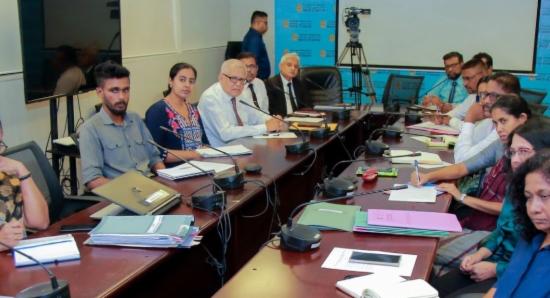
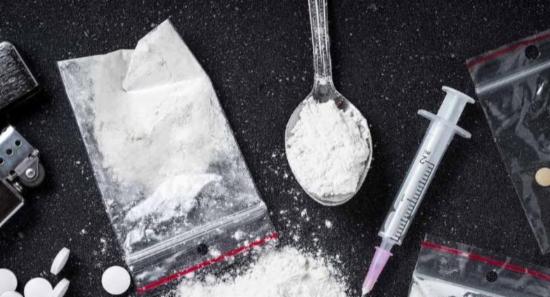
-796871_550x300.jpg)
























.gif)